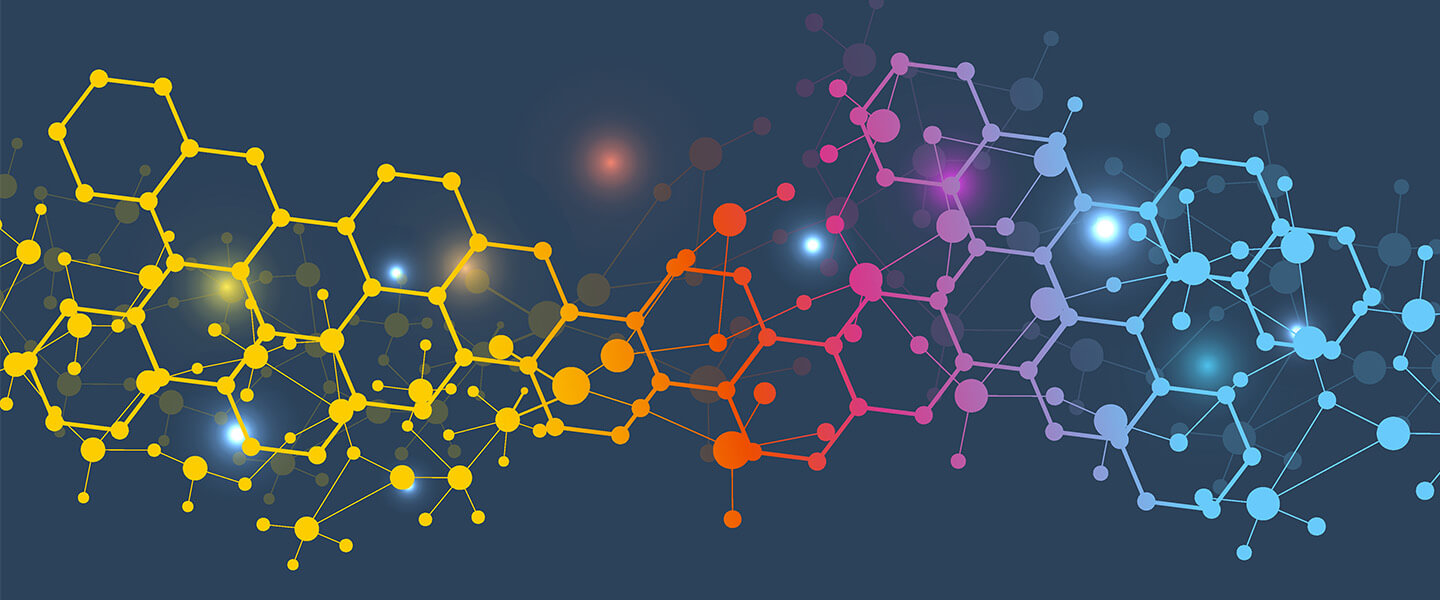Researchers Propose a New Understanding of Dopamine's Role in Learning and Memory
Researchers Propose a New Understanding of Dopamine's Role in Learning and Memory

A team led by BBRF grantees has proposed a markedly new way of understanding the role of dopamine in the brain in processes involved in learning and memory. The revised view of the neurotransmitter has potentially broad implications for our understanding of behavioral control and a number of psychiatric disorders.
Ubiquitous throughout the brain and body, and serving a variety of functions, dopamine has long been regarded by scientists as key to the brain’s reward system, and thus has often been thought of as playing a central role in the biology of addiction. Dysregulation of the dopamine system has also been hypothesized in many psychiatric disorders, including depression, anxiety, and schizophrenia.
“In the press, dopamine is often referred to as a ‘pleasure molecule’ or a ‘reward molecule,'” said team leader Erin S. Calipari, Ph.D., a 2018 and 2016 BBRF Young Investigator at Vanderbilt University. “Research has helped us understand that dopamine’s role in learning and memory is more complex than that, but we did not have a complete and accurate theory that could explain what dopamine actually does in the brain.”
The new research by Dr. Calipari and her Vanderbilt colleagues, including Munir Gunes Kutlu, Ph.D., a 2019 BBRF Young Investigator and first author of the team’s paper appearing in Current Biology, and Cody A. Siciliano, Ph.D., a 2017 BBRF Young Investigator, does not invalidate a wealth of past research on dopamine but rather places it in a broader context.
As the team explains, for the last 20 years, dopamine has been thought of as central in a mechanism that enables individuals to learn when expected rewards do not materialize. This process is called reward-prediction error. When an expected reward is not forthcoming, dopamine expression by neurons is thought to mark the event, helping the individual learn to better calibrate his or her actions to expected outcomes—a vital adaptive learning process that contributes not only to individual success but also to success at the species level.
Experiments performed in rodents led Dr. Calipari and colleagues to realize that reward-prediction error is only part of what dopamine does. While it is true, Dr. Calipari says, that rewards increase dopamine levels in the brain, "so do stressful stimuli." Experiments revealing that fact led her to the insight that "dopamine helps encode information about all types of important and relevant events and drives adaptive behavior—regardless of whether it is positive or negative.”
The team investigated dopamine's role across a variety of learning situations in a part of the brain called the nucleus accumbens core, which is central in the processing of emotions and motivation, including reward, pleasure, and aversion. "We show that dopamine contributes to learning about diverse contingencies by signaling the perceived saliency of stimuli," the team noted.
"The physical intensity of a stimulus, called saliency, is a principal component of learning," they explain. Understanding dopamine through the lens of saliency enabled the researchers to "explain seemingly inconsistent data that has suggested that dopamine is both a reward encoder and plays a critical role in neural responses to aversive and anxiety-generating stimuli."
Danny G. Winder, Ph.D., a colleague of Dr. Calipari who is director of the Vanderbilt Center for Addiction Research, explained the implications for our understanding of addiction. “A common theme of all drugs of abuse is that they increase dopamine release in the brain, which has helped feed the notion of dopamine as a reward molecule. This work clearly demonstrates a much more sophisticated role for this neurotransmitter, and it means we need to rethink models of addiction that depend on the dopamine/drug reward mentality,” he said.
According to Dr. Calipari, “most of our understanding of addiction neurobiology centers around dopamine and the dopamine network, as many therapeutic approaches that aim to treat addiction target dopamine. However, altering dopamine without having a full understanding of what dopamine actually does may lead to many unforeseen side effects, and more importantly, failed treatment strategies."
It is her hope that the new model of dopamine's broader role in learning and memory may enable researchers to better understand patients’ symptoms, not only in addiction but also in other psychiatric disorders in which the dopamine system is perturbed—a potential basis for better care and the development of new treatment approaches.



